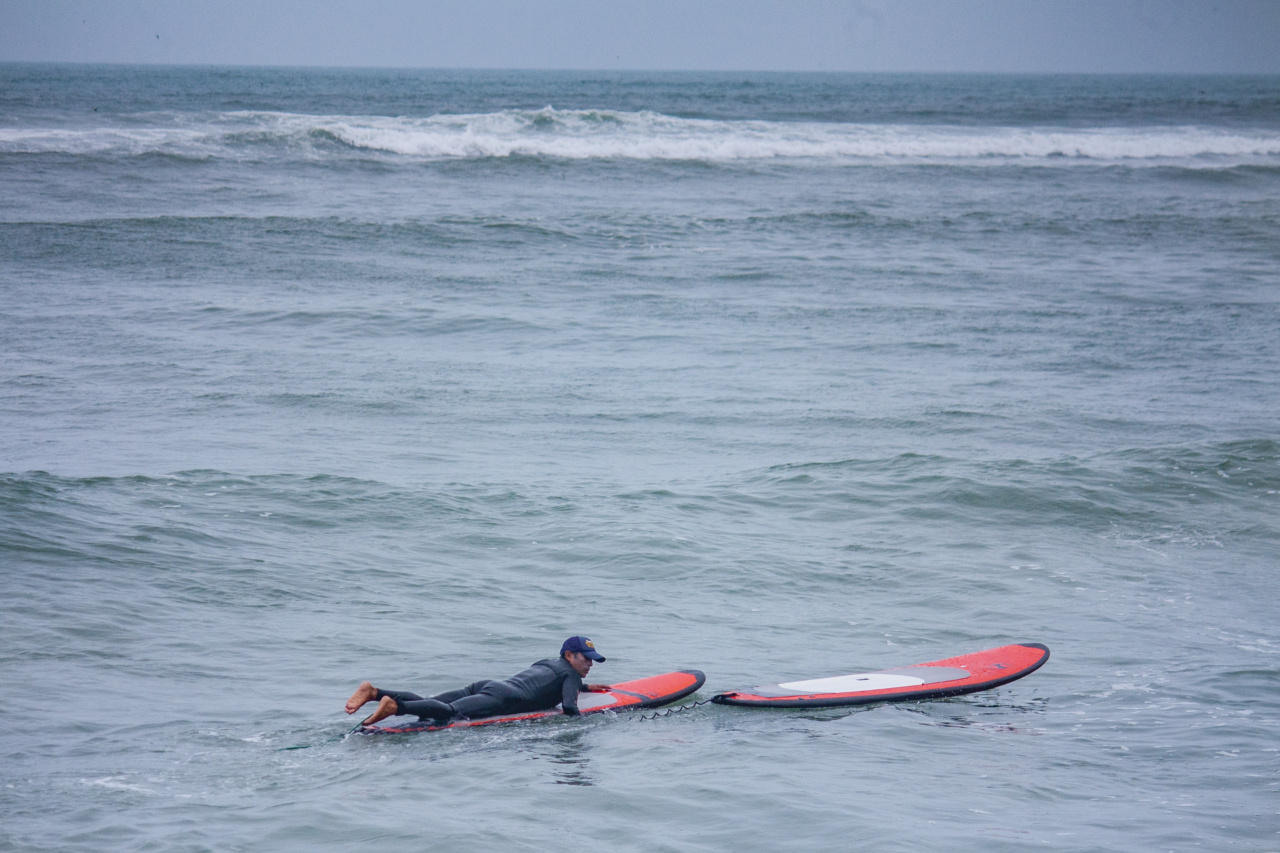Swimming in the sea is often a refreshing and enjoyable activity that many people engage in during their vacations or leisure time.
The vastness and beauty of the ocean can be captivating, but it is important to understand the potential consequences that can arise from swimming in the sea naively. While the sea may seem harmless at first glance, there are various risks and dangers that can arise if proper precautions are not taken.
1. Drowning
Drowning is the most significant and potentially fatal consequence of swimming in the sea naively. Many individuals underestimate the power of ocean currents and the force of waves, leading to a false sense of security.
Failure to understand and respect the sea can lead to being caught in treacherous currents or being overwhelmed by large waves, increasing the risk of drowning.
2. Dangerous Marine Life
The sea is home to a diverse range of marine life, some of which can be dangerous or pose threats to swimmers. Sharks, jellyfish, and stingrays are examples of marine creatures that can cause harm if encountered.
Naive swimmers may not be aware of the potential dangers and fail to take necessary precautions when swimming in areas known to have dangerous marine life.
3. Sunburn and Heatstroke
Swimming in the sea often involves prolonged exposure to the sun. Naive swimmers may underestimate the risks of sunburn and heatstroke, failing to apply adequate sunscreen or seek shade when necessary.
Prolonged exposure to the sun’s harmful ultraviolet (UV) rays can result in painful sunburn and even heatstroke, which can be potentially life-threatening.
4. Rip Currents
Rip currents, also known as undertows or rip tides, are powerful channels of water that flow away from the shore. Naive swimmers may be unaware of these hidden currents and find themselves being pulled away from the safety of the shoreline.
Attempting to fight against a rip current can quickly exhaust even the strongest swimmers, putting their lives at risk.
5. Unpredictable Weather
The weather at sea can change rapidly and unexpectedly. Naive swimmers may fail to keep track of weather forecasts, leading to potential exposure to dangerous conditions.
Sudden storms, high winds, and lightning can pose significant risks to swimmers in the sea. Ignorance of such weather changes can lead to life-threatening situations.
6. Lack of Lifeguards
In many areas, especially remote beaches or less frequented swimming spots, there may be a lack of lifeguards on duty. Naive swimmers often assume that there will always be someone there to come to their aid if they encounter any trouble.
However, relying solely on lifeguards is not a safe approach, and swimming alone or in unguarded areas can have severe consequences.
7. Poor Water Quality
Not all water bodies are safe for swimming due to poor water quality. Naive swimmers may not be aware of potential contaminants such as pollution, bacteria, or harmful algal blooms present in the sea.
Swimming in polluted water can lead to various health issues, including skin irritations, ear infections, or even gastrointestinal illnesses.
8. Lack of Swimming Skills
Naive swimmers who lack proper swimming skills may find themselves in dangerous situations. Inadequate swimming abilities can make it difficult to navigate waves, currents, or unexpected situations.
Not being able to swim competently increases the risk of accidents or being unable to reach safety when needed.
9. Collisions
Swimming in the sea without proper awareness and precautions can lead to collisions with various hazards. Boats, watercraft, surfers, or even other swimmers can accidentally collide with naive individuals in the water.
These collisions can result in injuries ranging from minor cuts and bruises to more severe trauma or even fatalities.
10. Lack of Emergency Preparedness
Naive swimmers often fail to prepare for emergencies and may not have the necessary equipment or knowledge to handle unexpected situations.
Being unprepared can delay or hinder rescue attempts and potentially worsen the consequences of any mishaps or accidents that may occur. Lack of emergency preparedness can prove to be extremely dangerous when swimming in the sea.































